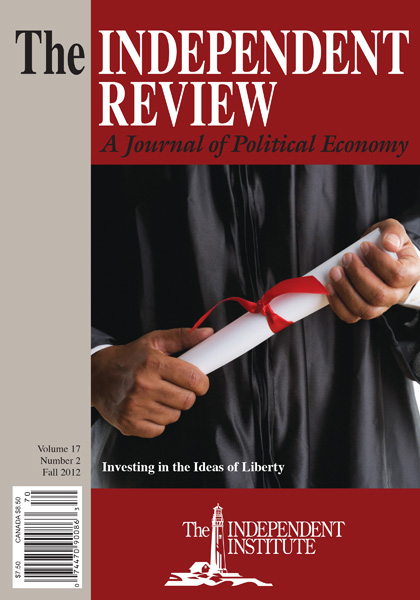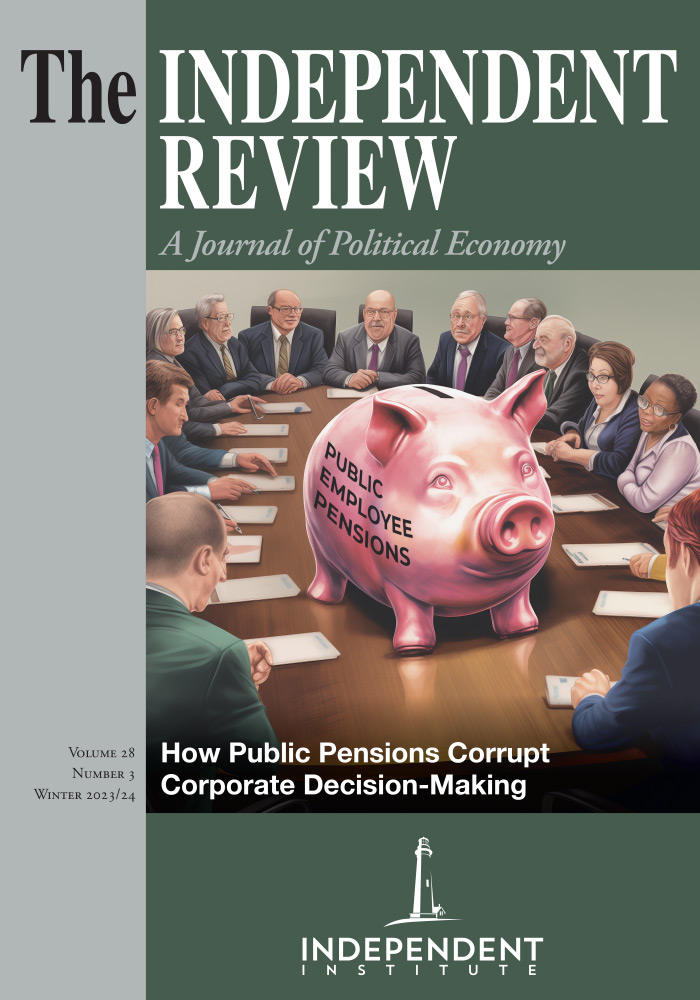An ineffective or poorly written balanced budget amendment would be worse than none at all—so it’s good that the version most House Republicans supported in 2011 failed to pass. One provision necessary to make a balanced budget amendment effective is a definition of “outstanding debt” that includes monetary instruments issued by the Federal Reserve.
Article
The national debt of the U.S. government has doubled to $15.2 trillion in the past four years. The statutory national debt ceiling has proven ineffective in restraining runaway deficit spending, so that a constitutional amendment that requires a supermajority of both houses of Congress to raise the debt ceiling is long overdue. However, an ineffective or ill-written balanced budget amendment would be worse than none at all.
On November 28, 2011, 62 percent of the House of Representatives voted in favor of a proposed balanced budget amendment introduced by Representative Bob Goodlatte (R–Va.). Although this majority was short of the two-thirds majority required for passage, twenty-five Democrats joined all but four Republicans, so it had significant bipartisan support. An identical proposal actually passed the House and nearly passed the Senate back in 1995 and was reconsidered in 1997.









